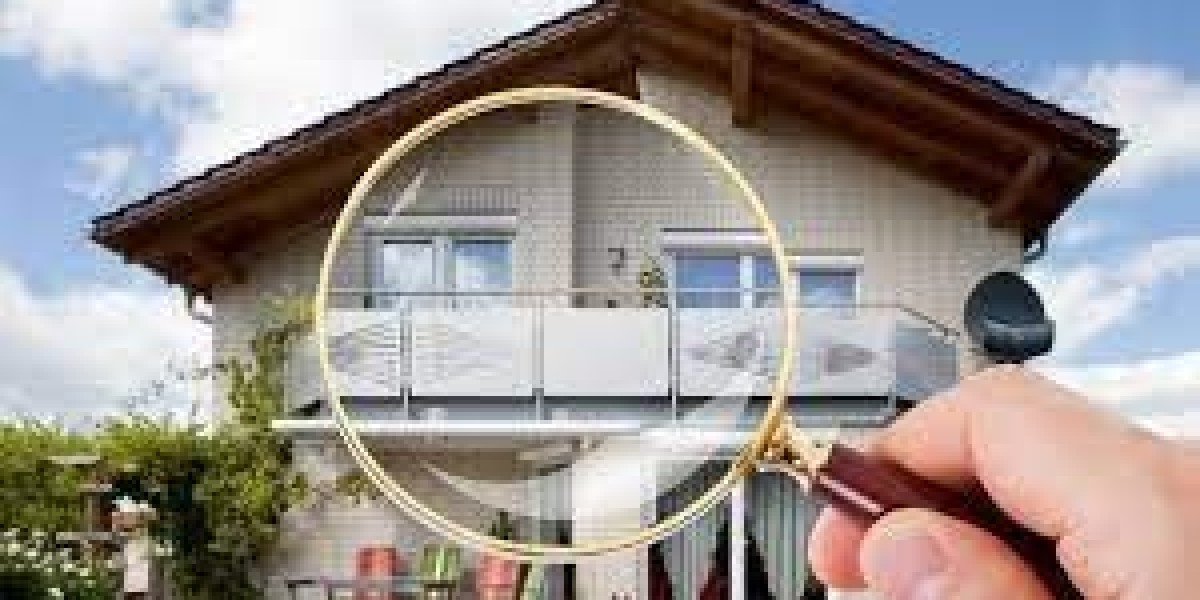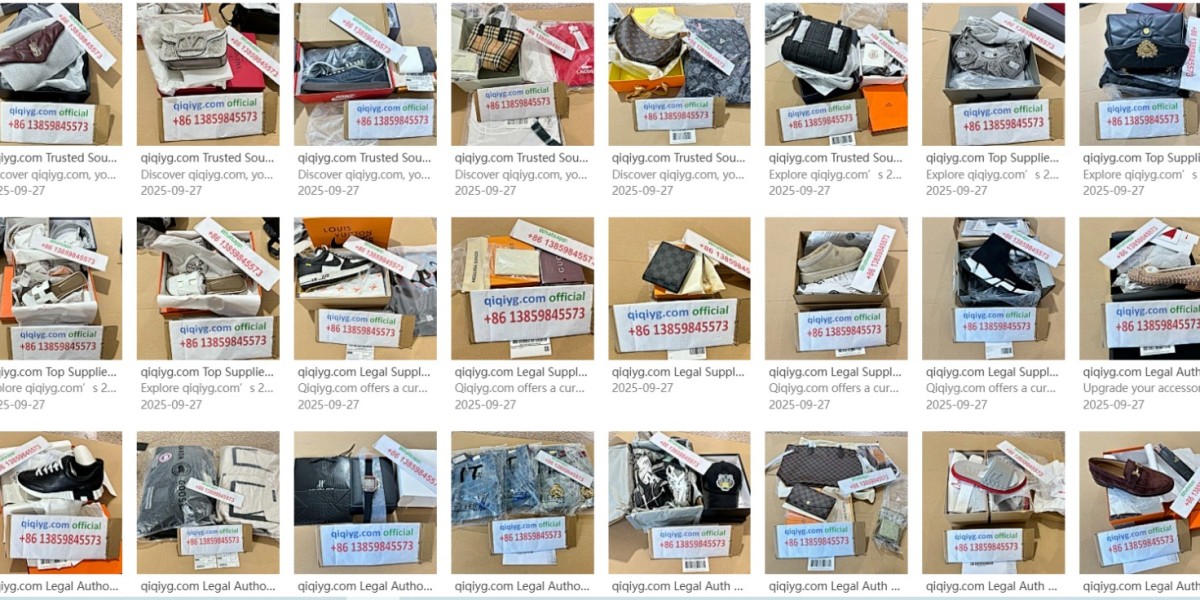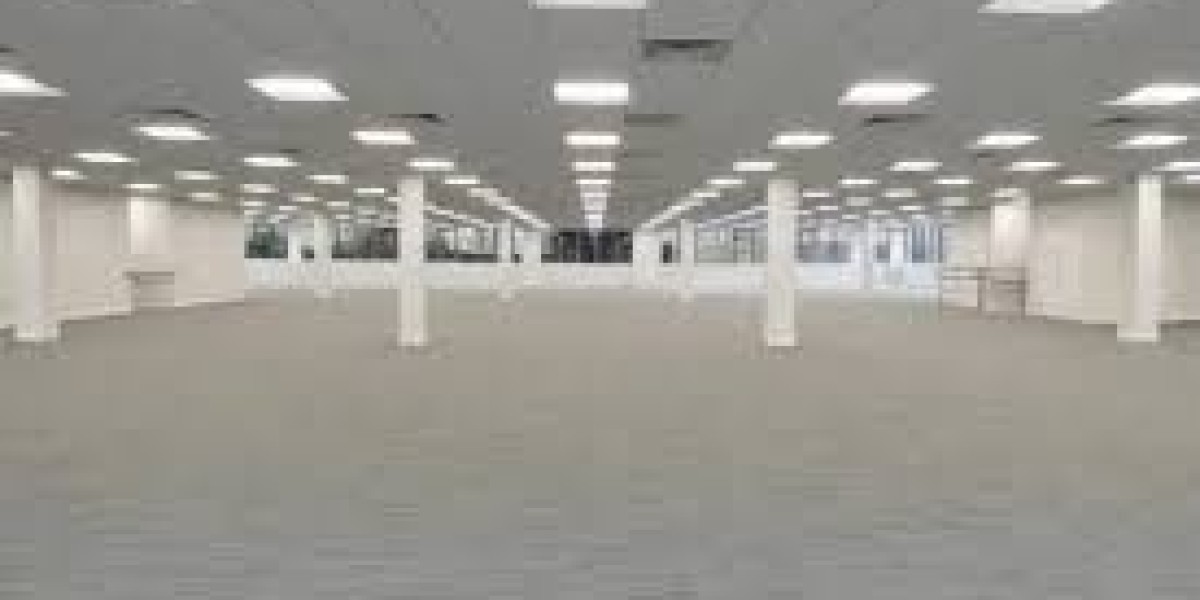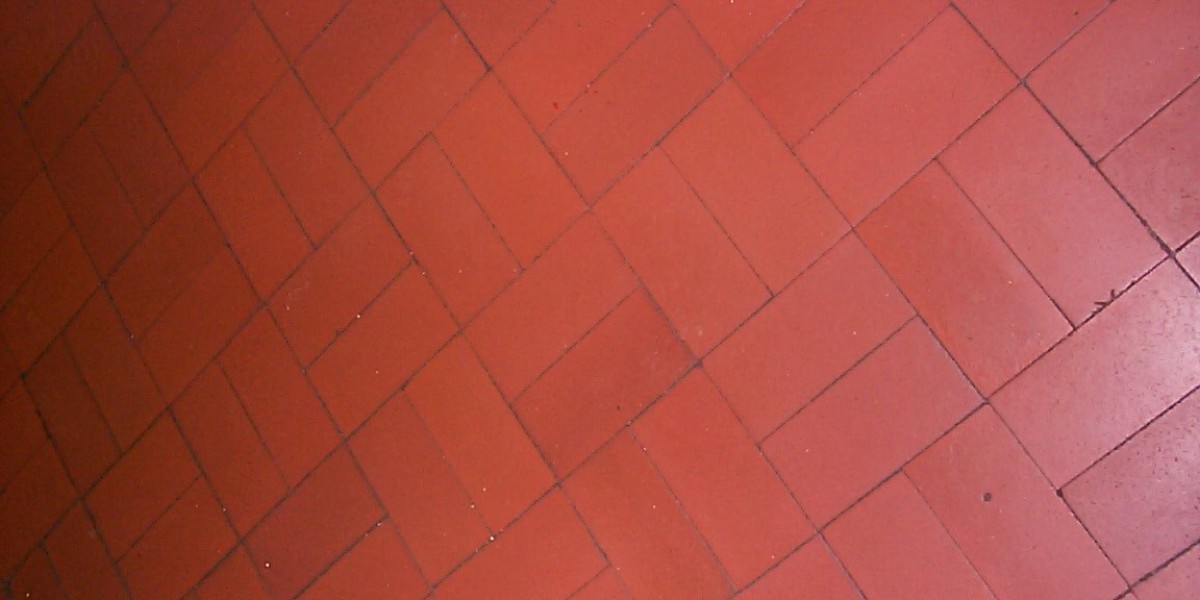In the thrill of buying a brand-new home, it’s easy to assume that everything is perfect. After all, everything is new! The walls are freshly painted, the floors are spotless, and all the appliances gleam with newness. But while a newly built home may look great on the surface, it doesn’t necessarily mean there aren't underlying issues that could cost you big down the road.
At Hipwex, we believe that every home—no matter how new—deserves a thorough inspection. In fact, a new home inspection is one of the most important steps you can take to ensure your new home is as safe, functional, and long-lasting as possible. In this post, we’ll explore why Canadian buyers should never skip this crucial step and what you can expect from a Hipwex new home inspection.
1. Why New Homes Still Need Inspections
You might be thinking, “Why do I need a home inspection for a new build? It's brand new!” The assumption that newly constructed homes don’t need inspections is a common misconception. However, the reality is that new homes can, and often do, have issues that may not be immediately obvious to an untrained eye.
Construction mistakes, rushed work, or simple oversights can lead to defects in plumbing, electrical systems, structural integrity, and even energy efficiency. Just because the home is new doesn’t mean it was built without flaws. In fact, research shows that more than 25% of new homes have issues that aren’t visible on the surface but could lead to problems down the line.
2. Hidden Issues That Can’t Be Seen During Walk-Throughs
When you visit a new home, it’s easy to fall in love with the fresh paint and shiny floors. However, things like wiring problems, plumbing issues, or structural defects often aren’t visible during a casual walk-through. This is where a Hipwex home inspection comes in handy. Our trained inspectors know exactly what to look for in areas that may not be obvious to a homeowner, including:
Electrical issues: Faulty or improperly installed wiring can cause short circuits, power surges, or even fires. These issues are often hidden behind walls or in ceilings.
Plumbing issues: Leaks, low water pressure, or improperly installed pipes may not show up until later, leading to costly water damage.
Structural problems: Issues like uneven floors, cracks in the foundation, or weak framing might not be visible right away but could cause long-term damage if not addressed.
Roofing flaws: Even a new roof can have defects, such as poorly sealed shingles or improper flashing, which could lead to leaks or water damage over time.
These types of issues can be hard to detect without a professional inspection, and ignoring them could lead to unexpected repair costs and headaches in the future.
3. New Home Inspections Help You Avoid Unexpected Costs
While the price of a new home might include some level of warranty coverage, this doesn’t mean you’re completely protected from future costs. Many builder warranties cover only structural defects or major system failures, and they might not include cosmetic defects (like cracked drywall or chipped paint) or minor plumbing or electrical issues.
Additionally, builder warranties typically don’t cover delayed problems that might arise as the house settles, such as cracks in the foundation or water damage from improperly sealed windows.
A home inspection helps identify these issues before you move in, allowing you to either request repairs from the builder or negotiate a price reduction to cover the cost of fixing them. By addressing problems early, you’ll avoid surprise expenses after you’ve already taken possession of the home.
4. Compliance with Canadian Building Codes and Standards
In Canada, all new homes must adhere to specific building codes designed to ensure safety, durability, and energy efficiency. These codes are regularly updated, and failing to meet them could result in costly repairs or even legal issues down the line.
Even though most builders follow these codes, construction errors or rushed work can sometimes lead to code violations that might not be immediately apparent to the average homebuyer. These issues could include:
Improper electrical installations that don’t meet code, leading to potential fire hazards.
Plumbing systems that fail to comply with local regulations, potentially leading to water damage or inefficient water usage.
Poor insulation or inadequate ventilation that could make your home less energy-efficient, increasing heating and cooling costs.
A Hipwex inspection will ensure that your new home complies with Canadian building codes, keeping you safe and preventing you from having to make costly corrections later.
5. Avoid Long-Term Problems with Energy Efficiency
In Canada, the winters are long and cold, and the summers can be just as intense. Energy efficiency is crucial in a new home, both for comfort and to keep utility bills manageable. However, energy inefficiencies can sometimes be hidden, especially in newly built homes where builders may rush through the final details.
Issues like poor insulation, air leaks around windows and doors, or improperly installed HVAC systems can lead to high energy bills and discomfort. The issue might not become apparent until you’re living in the home, but by then, it’s often too late to fix without spending more money.
A thorough inspection from Hipwex will evaluate the energy efficiency of your new home, checking for air leaks, insulation problems, and other issues that could result in inefficient heating and cooling. With this information, you’ll have the chance to ask the builder to fix the problem before moving in, saving you from future costs.
6. Safety Concerns and Hidden Hazards
Even if your new home looks perfect, it’s possible that it could pose serious safety risks. Common safety issues in new homes include:
Electrical hazards: Exposed wires, faulty circuits, or improperly grounded electrical systems can create a fire risk.
Gas leaks: Even a minor gas leak can be dangerous if it goes unnoticed.
Mold and moisture: Poor ventilation or inadequate waterproofing can lead to the growth of mold, which poses health risks to you and your family.
A Hipwex home inspection includes a detailed check for potential safety hazards, ensuring that your home is safe to live in from day one.
7. What’s Included in a New Home Inspection?
A Hipwex new home inspection is thorough, covering all the essential systems and structures of your home. Here’s what we look at during a typical inspection:
Structural Integrity: Foundation, framing, walls, and roof for cracks, shifting, or weaknesses.
Exterior: Siding, windows, grading, and drainage to prevent water intrusion or damage.
Plumbing: Pipes, fixtures, water pressure, and drainage.
Electrical: Wiring, circuits, outlets, and grounding.
HVAC Systems: Heating, cooling, and ventilation to ensure efficiency and proper operation.
Safety: Checking for potential hazards like gas leaks, mold, or fire risks.
Energy Efficiency: Insulation, air leaks, and window seals.
We’ll provide you with a detailed inspection report, including photos and recommendations for any issues found, so you can make informed decisions before closing on your new home.
8. How Much Does a New Home Inspection Cost in Canada?
In Canada, the cost of a new home inspection can vary based on the size of the home and location, typically ranging from $400 to $700. While this might seem like an additional expense, it’s a small price to pay to ensure that your new home is in top condition and safe for you and your family.
At Hipwex, we offer affordable pricing and transparent, upfront quotes. Our goal is to provide you with the best service possible, without hidden fees or surprises.
9. Choosing the Right Inspector for Your New Home
Choosing the right home inspector is key to getting a thorough and reliable assessment of your new property. When selecting an inspector, consider the following:
Certification: Ensure the inspector is certified by a reputable organization like the Canadian Association of Home and Property Inspectors (CAHPI).
Experience: Choose an inspector with experience in inspecting new homes, as they know the common pitfalls and what to look for.
Detailed Reports: Look for an inspector who provides clear, detailed reports with photos and actionable recommendations.
At Hipwex, our inspectors are certified professionals with years of experience. We ensure that every inspection is thorough, objective, and transparent.
Conclusion: Don’t Skip the Inspection – Protect Your Investment with Hipwex
Even though your new home may seem flawless, a Hipwex new home inspection is an essential step to protect your investment. From uncovering hidden defects to ensuring compliance with Canadian building codes, our inspections help you avoid future problems and costly repairs.
Don’t leave the safety, comfort, and long-term value of your new home to chance. Contact Hipwex today to schedule a comprehensive new home inspection in Canada and gain the peace of mind you deserve.








